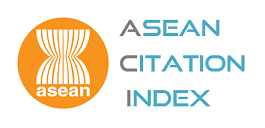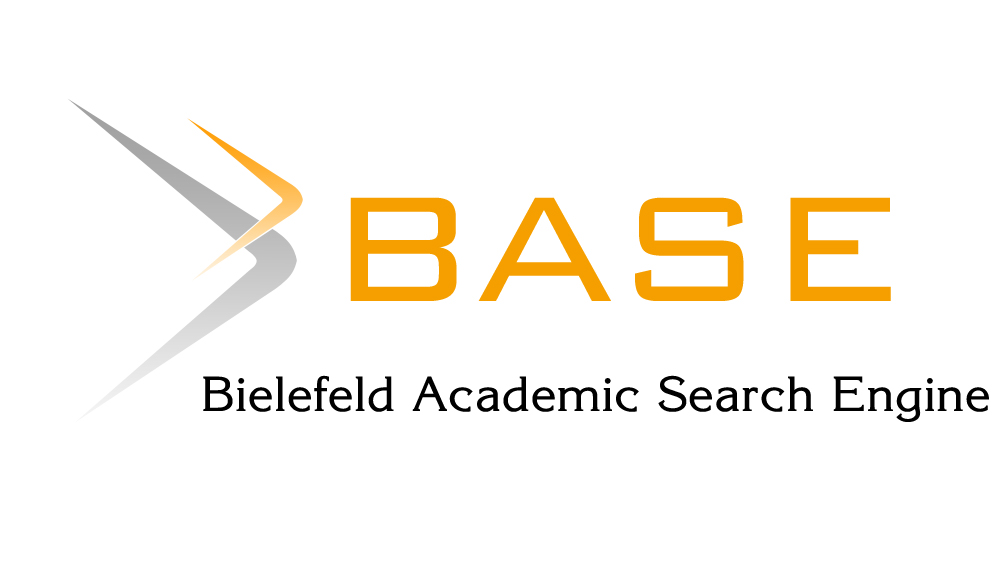CATARACT CLASSIFICATION USING MOBILENETV2-BASED MODEL
DOI:
https://doi.org/10.35382/tvujs.14.3.2024.9Keywords:
cataract classification, channelwise attention, mobileNetV2, skip connectionAbstract
Cataract occurs when the lens of the eyes, normally transparent, becomes cloudy. Clouded vision resulting from cataracts can pose
challenges in activities such as reading, nighttime driving, and discerning facial expressions of acquaintances. Ensuring quality of vision now requires early detection of cataracts. This study aims to create a deep-learning classification system capable of distinguishing between healthy eyes and those affected by cataracts. To achieve this, modifications such as skip connections and
channel-wise attention have been integrated into the pre-trained MobileNetV2 model to formulate the proposed model. Furthermore, augmentation technique and unsharp masking filter are implemented in the pre-processing dataset to augment the image count and improve image quality. The findings indicate that the model achieved an accuracy rate of 98,80% for ODIR-2019 in 2 categories: cataract and normal.















